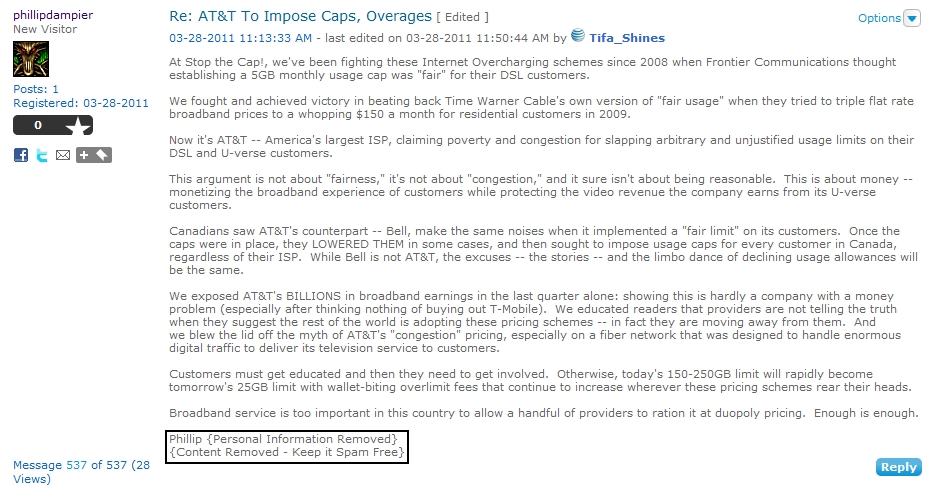 Netflix continues to get a lesson on broadband economics from the Internet Service Providers out to scare their customers away from spending too much time watching the company’s online streaming service. As some Canadian ISPs lowered usage caps in response to Netflix’s imminent arrival, the video streaming service just announced it was letting customers turn down the bit rate of online videos to conserve their monthly usage allowance.
Netflix continues to get a lesson on broadband economics from the Internet Service Providers out to scare their customers away from spending too much time watching the company’s online streaming service. As some Canadian ISPs lowered usage caps in response to Netflix’s imminent arrival, the video streaming service just announced it was letting customers turn down the bit rate of online videos to conserve their monthly usage allowance.
Neil Hunt, Netflix Chief Product Officer, told customers about the bit rate reduction in a company blog post:
Starting today, watching movies and TV shows streaming from Netflix will use 2/3 less data on average, with minimal impact to video quality.
Now Canadians can watch 30 hours of streaming from Netflix in a month that will consume only 9 GBytes of data, well below most data caps.
We made these changes because many Canadian Internet service providers unfortunately enforce monthly caps on the total amount of data consumed.
In the past, viewing 30 hours of Netflix could consume as much as 70 GBytes, if it was all in HD, and typically about 30 GBytes. While there is some lessening of picture quality with these new settings, the experience continues to be great.

Video compression reduces data consumption, but also sacrifices video quality and enjoyment. An example of high video compression on the left can be more than noticeable.
Unfortunately for Hunt, providers can continue to lower data caps to the point where Netflix would have to present their video library as a slideshow to keep customers under their limits.
Stop the Cap! responded directly to Hunt imploring Netflix to get involved in the battle that consumers have thus far fought alone:
While some customers appreciate Netflix for turning down the video bitrates, I am here to tell you it’s not nearly enough.
For nearly three years, our consumer group — Stop the Cap! has fought Internet Overcharging schemes in both Canada and the United States.
Whether it’s Bell’s proposal to eliminate flat rate broadband across all of Canada, Time Warner’s 2009 pricing experiment to limit broadband users to just 40GB of usage per month, or AT&T’s 150-250GB cap taking effect this spring, your competitors are on a mission to scare customers away from using your online video streaming service.
[…] The fact is, Netflix MUST engage in this fight. Consumers cannot do it alone, especially when up against billion dollar companies spending millions on lobbyists trying to convince lawmakers usage caps are about “fairness” when they are really about monetizing broadband traffic and scaring off cord-cutting.


 Subscribe
Subscribe





